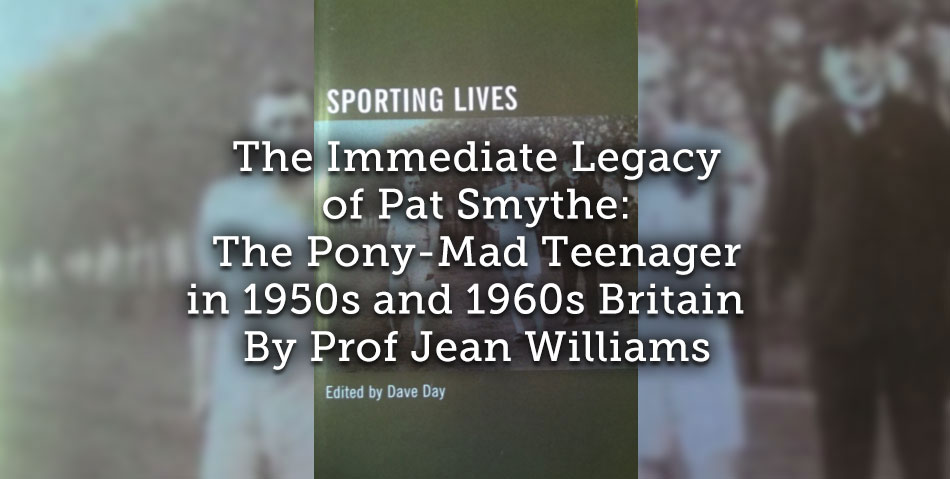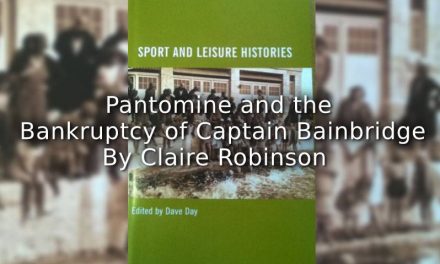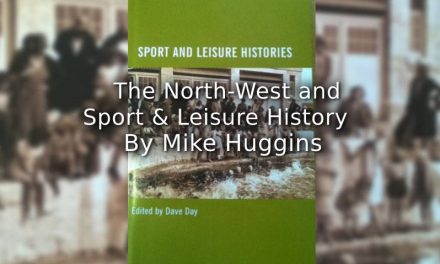Playing Pasts is delighted to present this podcast by Prof Jean Williams from the Sporting Lives symposium hosted by Manchester Metropolitan University’s Institute for Performance Research. Subsequently the papers were published into a collection of the same name, for details see – bit.ly/2GPhdI3
Equitation has been prized as an art, leisure pursuit, work technology and a means of war for thousands of years. Though women have ridden, raced, hunted and fought with horses since well before the formation of the Jockey Club in the 1750s, access to the best livestock has always been an indicator of social class. Brailsford, for example, has horse races with nine un-named women riders in Newcastle in 1725 and Ripon in 1734, perhaps suggesting a north-east bias. Just as male royalty and aristocracy patronised the sport, by 1797 Ladies’ Plates had been established at Guildford, Lewes, York and Egham races and a Ladies’ Purse at Chester. While we know about some wealthy individual women equestrians in eighteenth and nineteenth century Britian, we generally know less about the lower classes who had fewer material resources at their disposal. Pierce Egan, for example, made Alicia Thornton famous in his 1832 Book of Sports, because of her beauty, access to thoroughbred stock and the notorious side bet of her husband, Colonel Thomas Thornton. It is unclear whether she died shortly after her racing feats or whether the title ‘Mrs’ was a courtesy, as her husband is said to have married again in 1806…
Article © Jean Williams
Press play below to listen to the rest of the paper:





